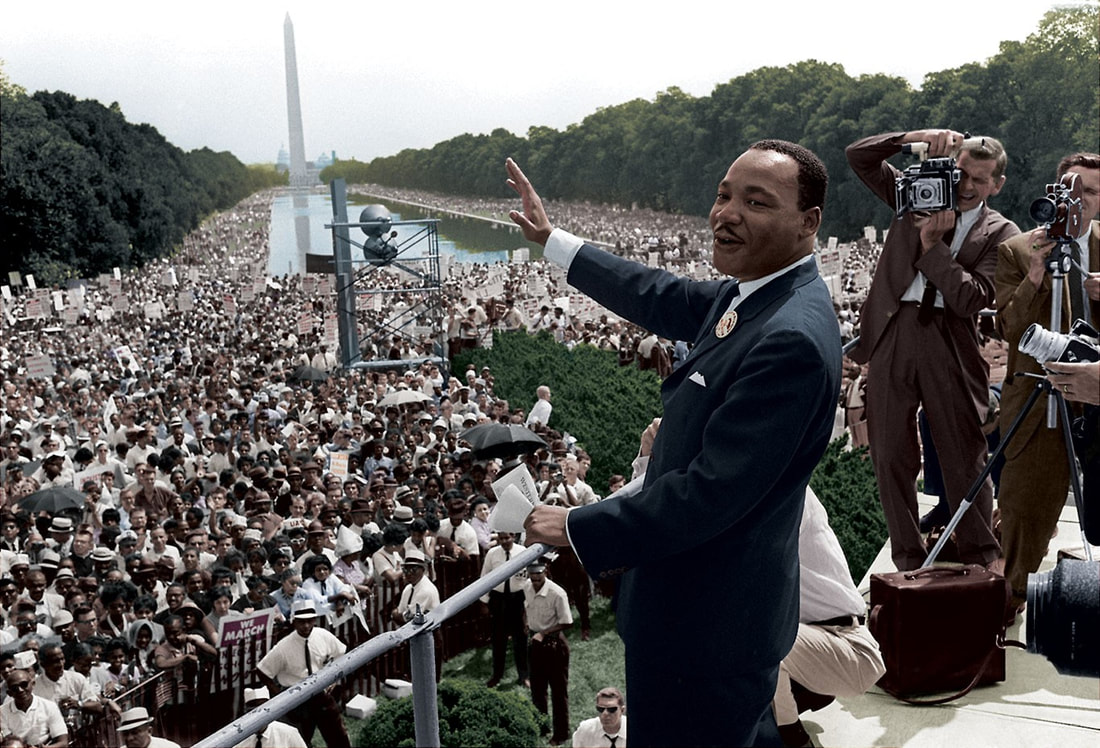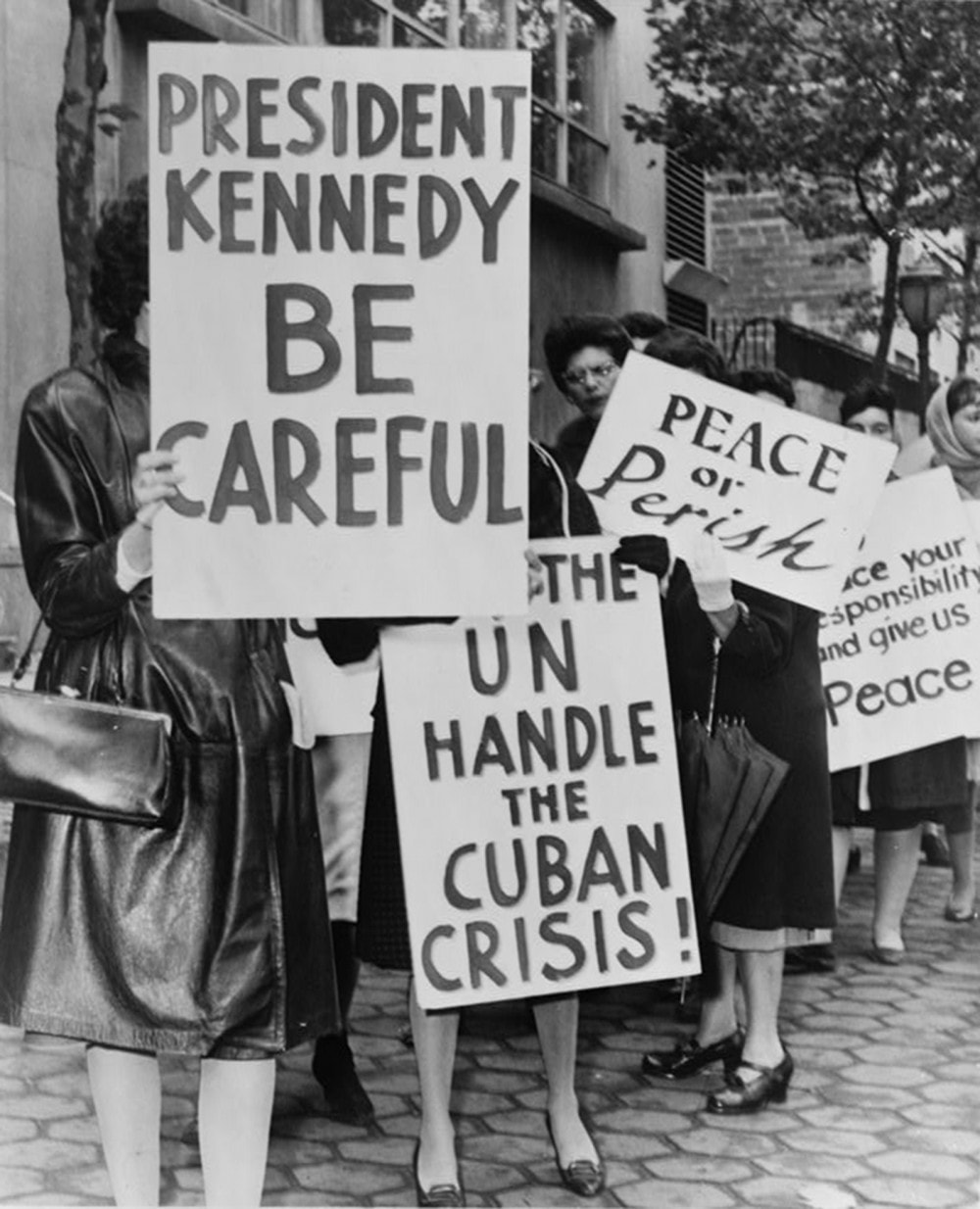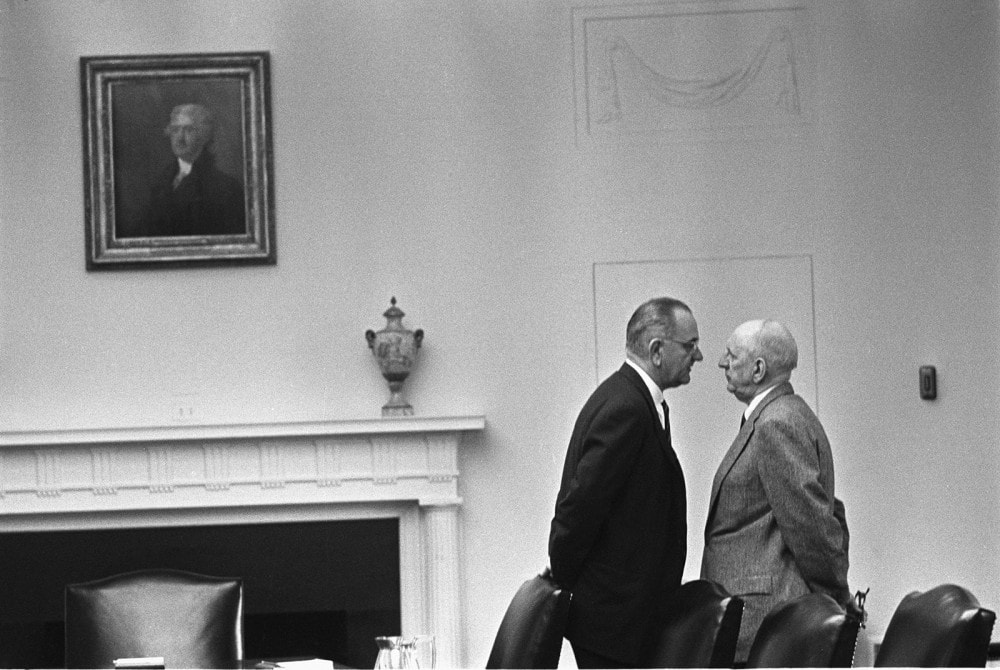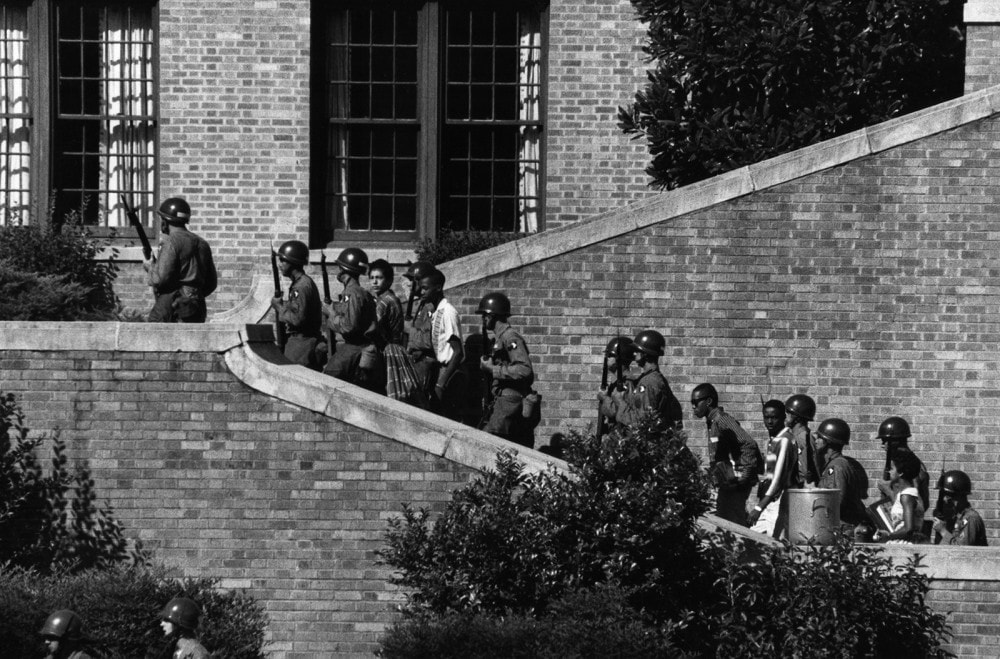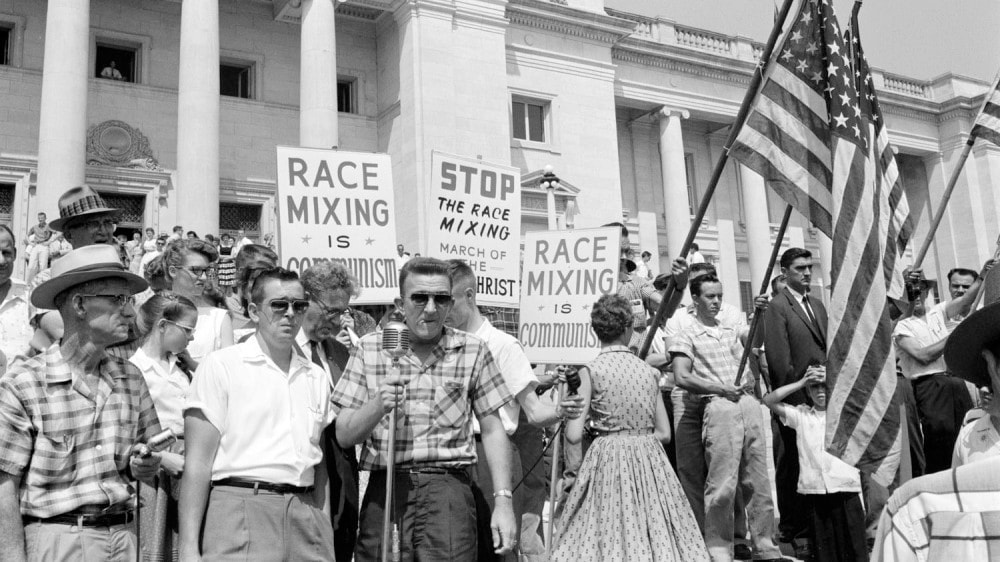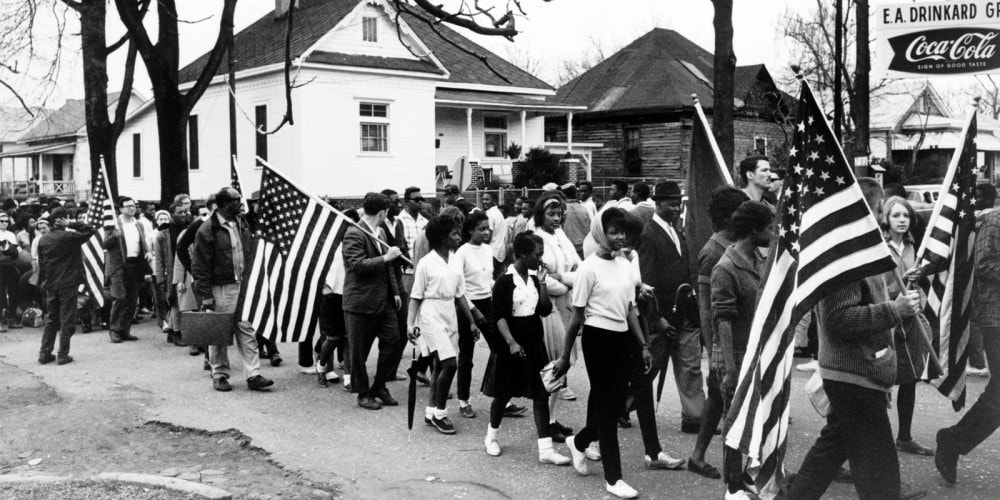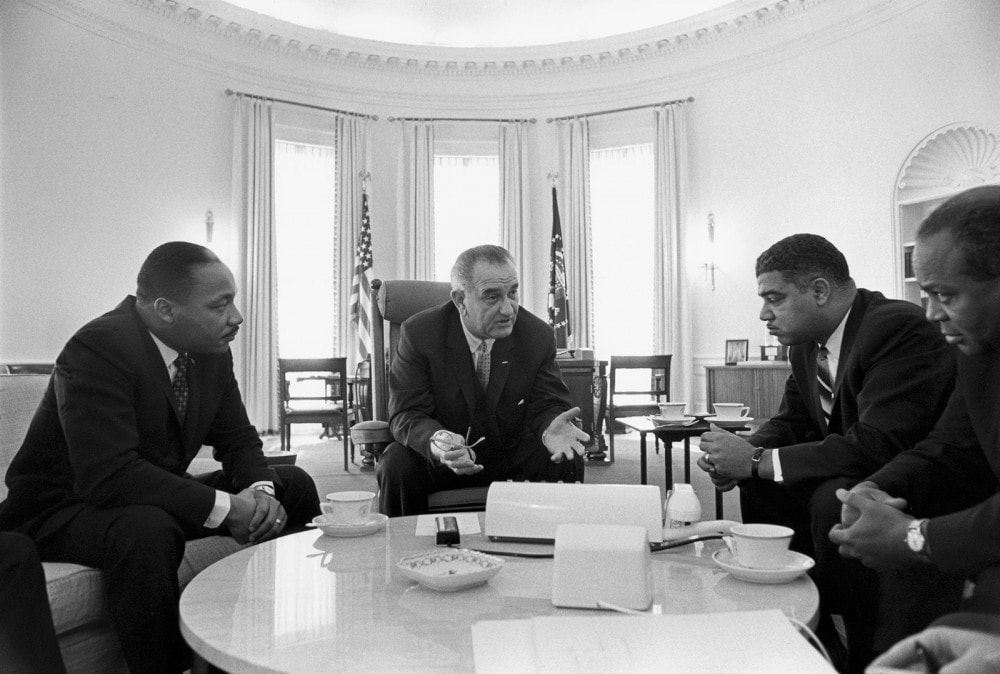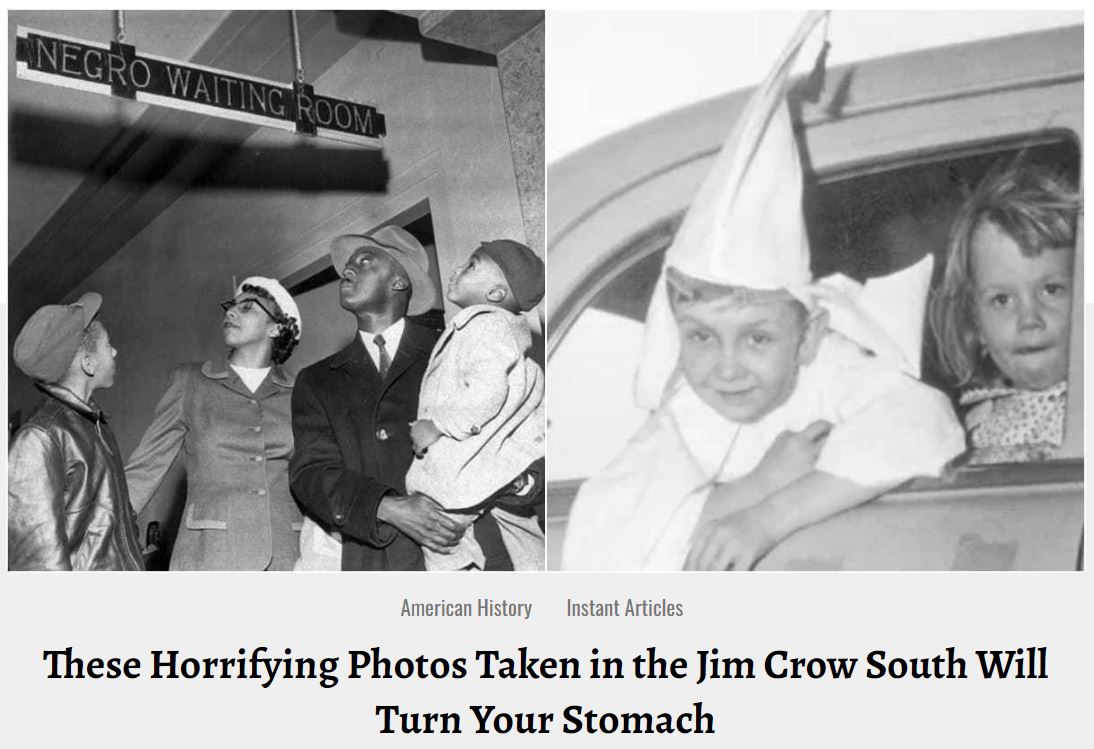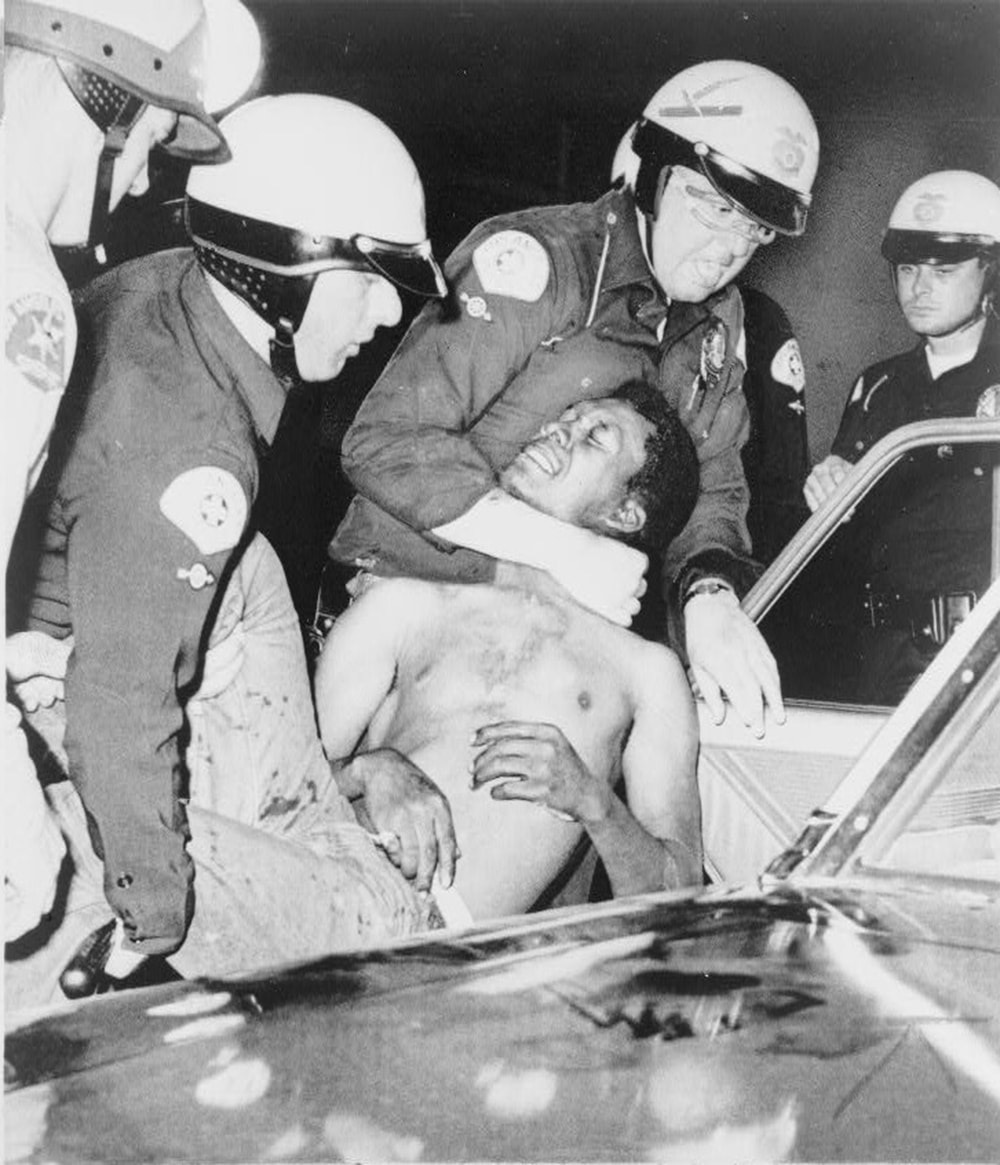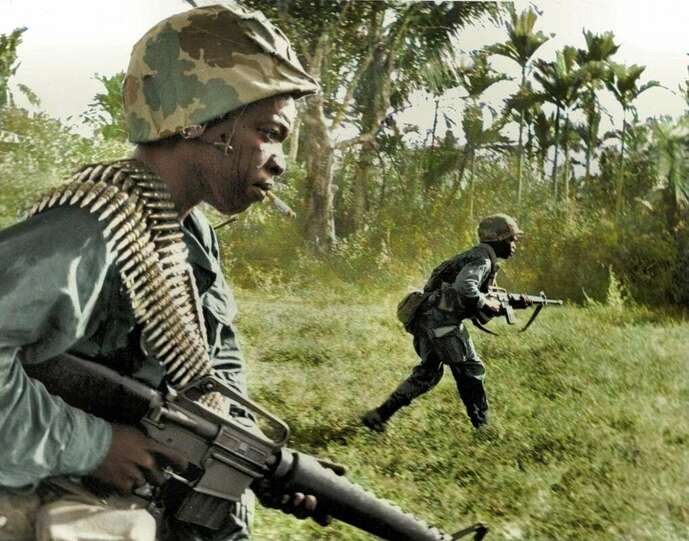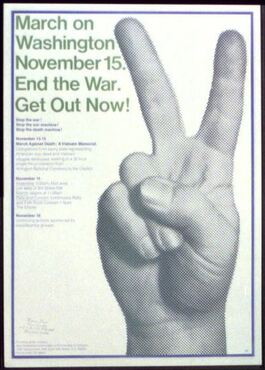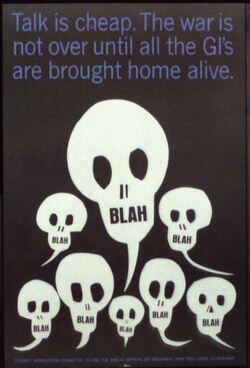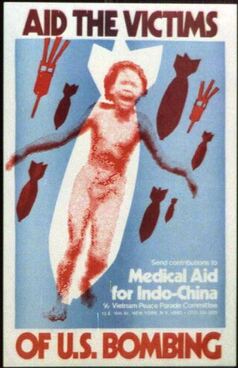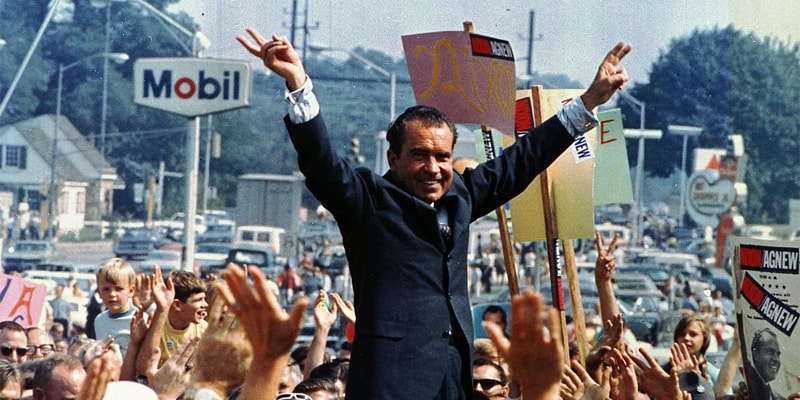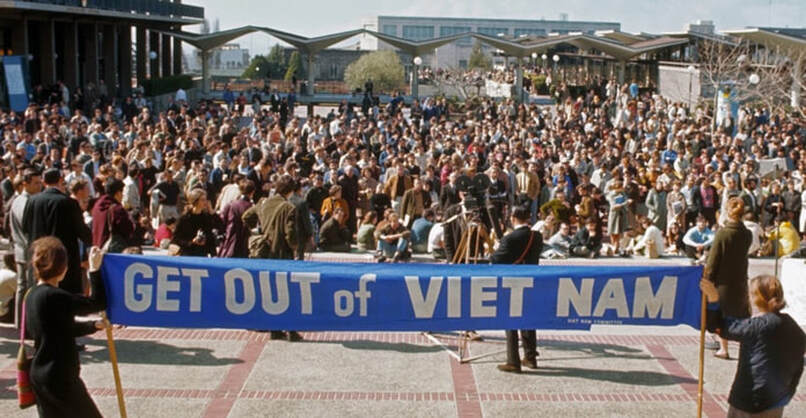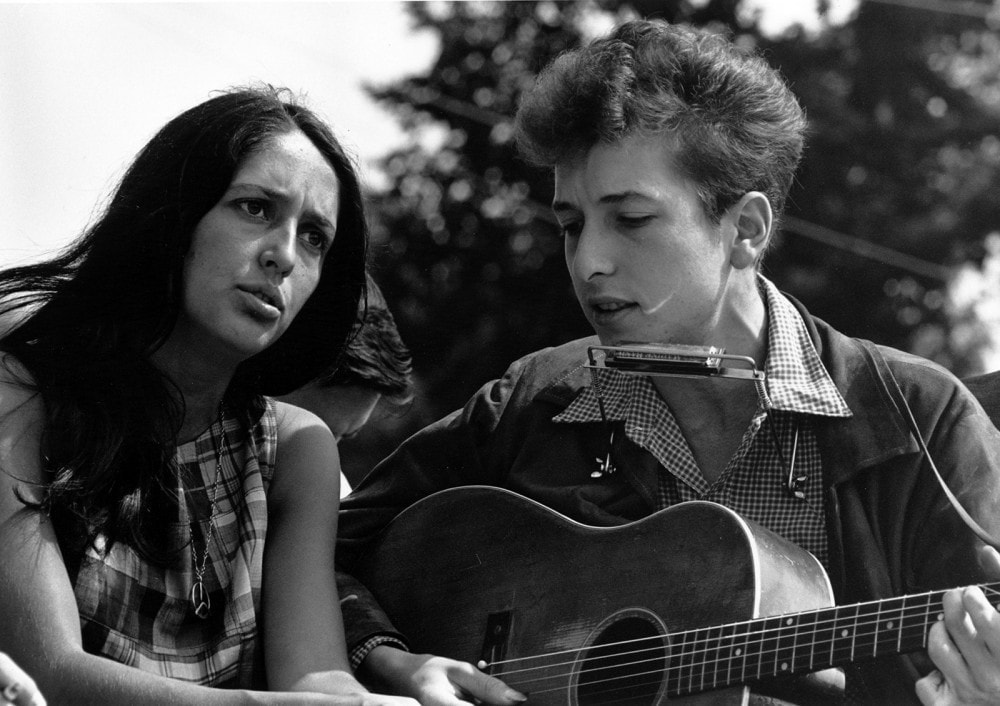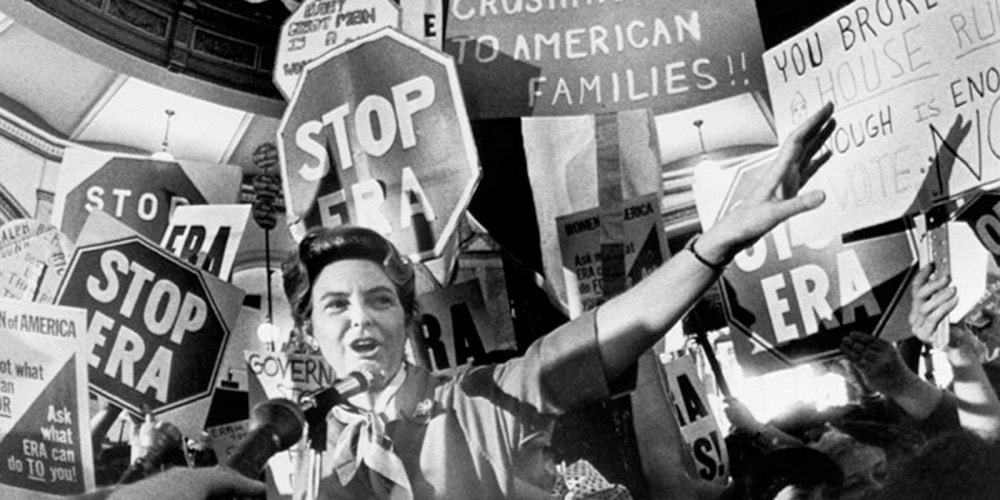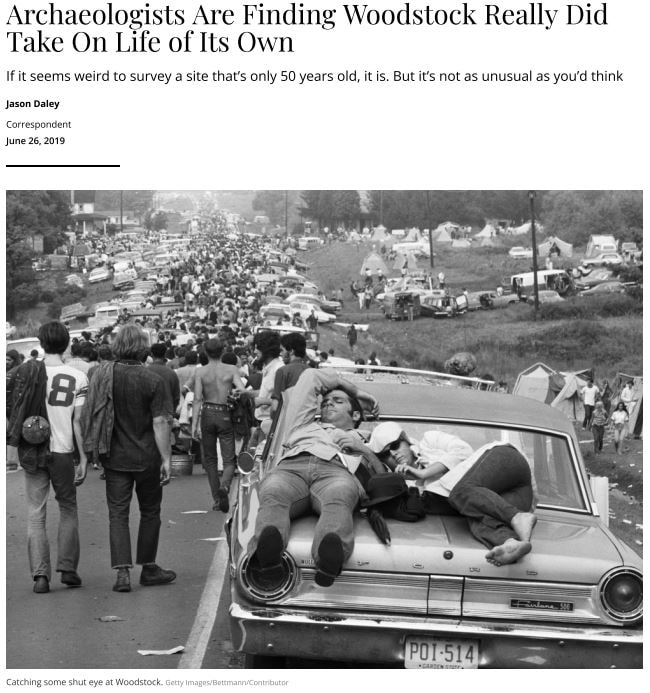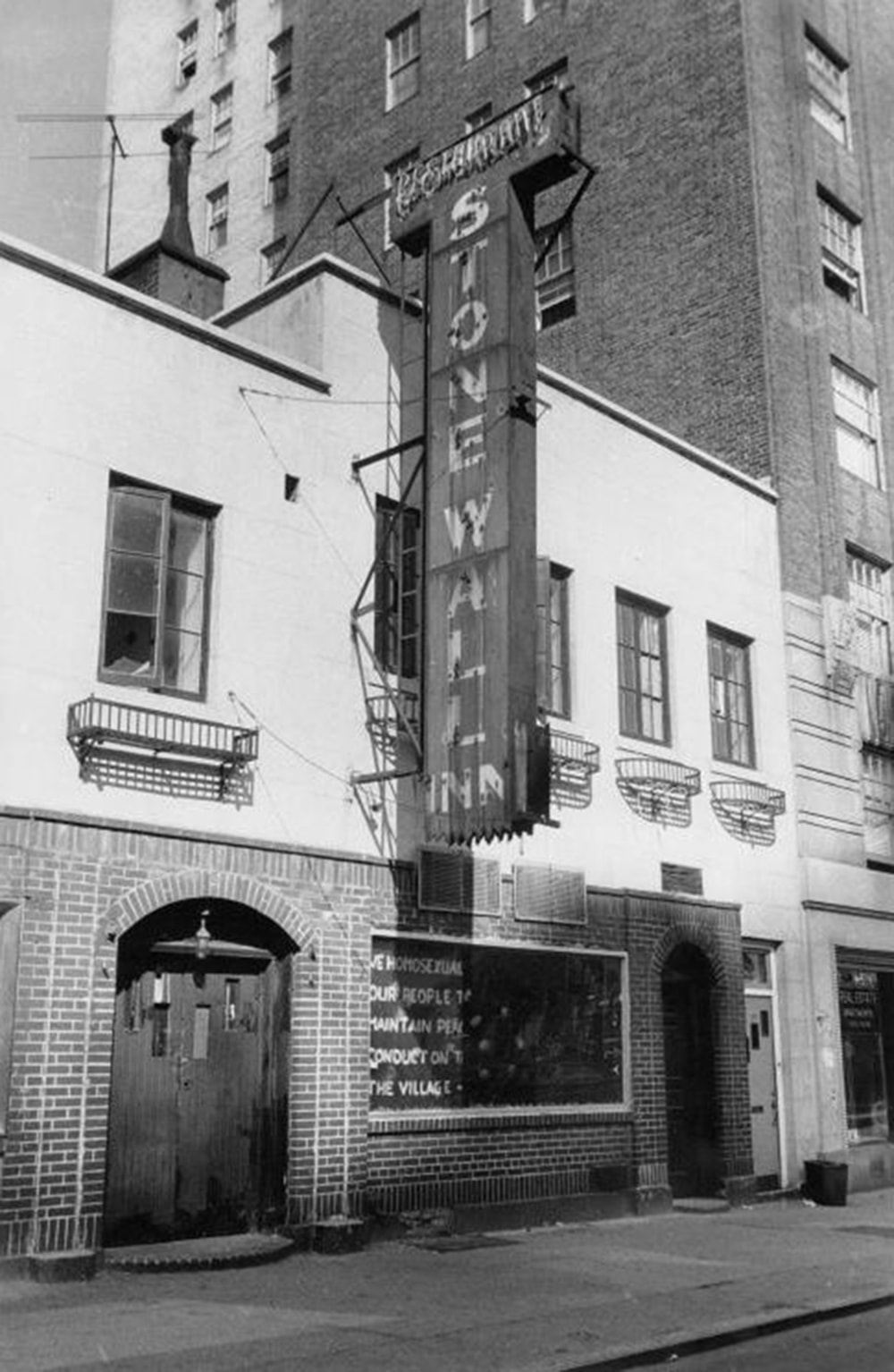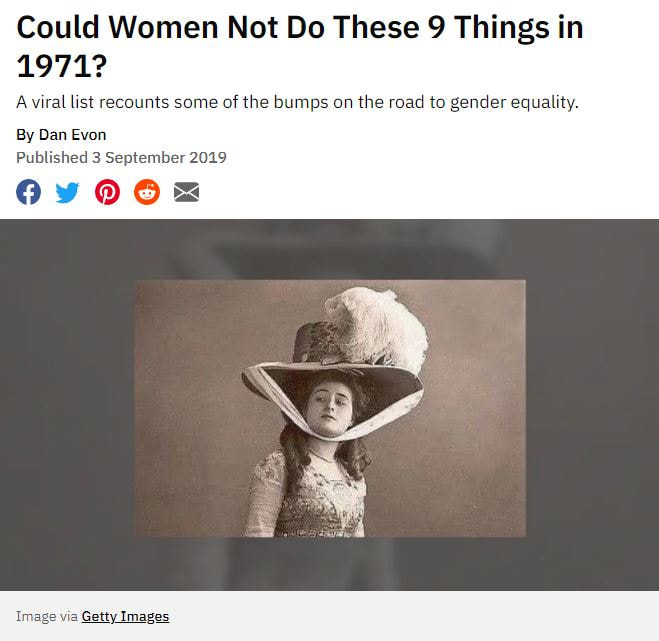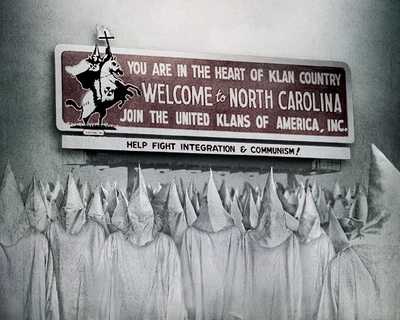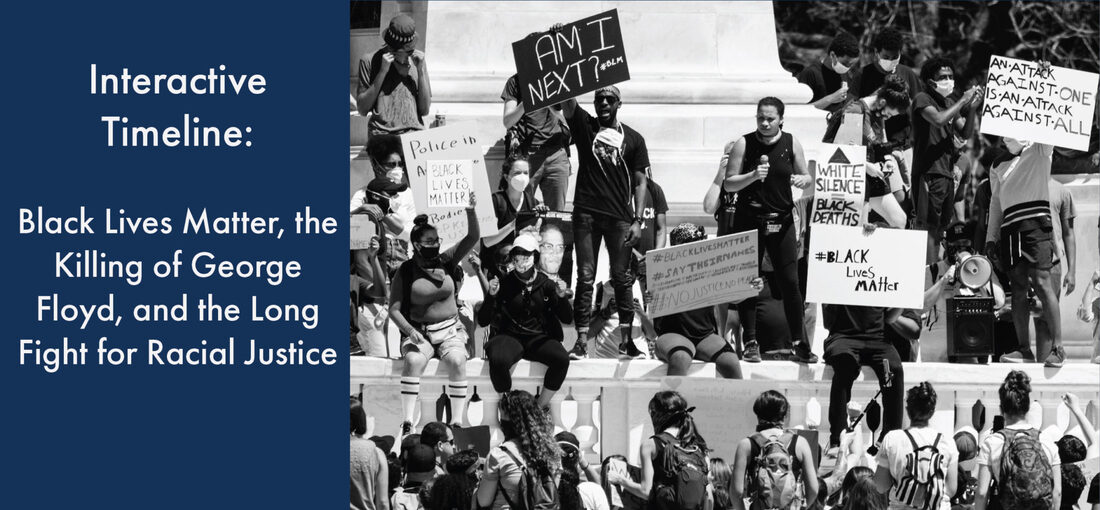The Great Society
1950s-1970s
Contents
The Great Society, 1950s-1970s:
JFK and LBJ
Review:
- How did Kennedy respond to the continuing challenges of the Cold War?
- What were the goals of Kennedy's New Frontier?
- How did Johnson's Great Society programs change life for most Americans?
- How did the Warren Court protect Americans' civil liberties?
The Civil Rights Movement
|
School desegregation was a tense experience for all involved, but none more so than the African American students who integrated white schools. The Little Rock Nine were the first to do so in Arkansas. Their escorts, the 101st Airborne Division of the U.S. Army, protected students who took that first step in 1957.
|
In 1959, photographer John Bledsoe captured this image of the crowd on the steps of the Arkansas state capitol building protesting the federally mandated integration of Little Rock’s Central High School. This image shows how worries about desegregation were bound up with other concerns, such as the reach of communism and government power.
|
Review:
- How did African Americans challenge segregation after WWII?
- Why was Brown v. Board of Education important?
- Why did Eisenhower send federal troops to Little Rock, Arkansas?
- What role did Parks and King play in the Montgomery bus boycott?
- How did the civil rights movement gain ground in the 1960s?
- How did the Civil Rights Act of 1964 try to end discrimination?
- What impact did the protests in Selma, Alabama have on the nation?
- What impact did Malcolm X have on the civil rights movement?
- What gains did the movement make by the early 1970s?
The Vietnam War
The draft fell disproporiately on working class and minority men.
anti-war posters
Review:
- How did the United States become involved in the Vietnam War?
- Why did American public opinion turn against the war?
Vietnamization
Richard Nixon campaigns in Philadelphia during the 1968 presidential election.
Review:
- What factors contributed to Richard Nixon's election as president in 1968?
- What were the consequences of American defeat in the Vietnam War?
The Counterculture
Epitomizing the folk music and protest culture of 1960s youth, Joan Baez and Bob Dylan are pictured here singing together at the March on Washington in 1963.
Conservative activist Phyllis Schlafly campaigns against the Equal Rights Amendment in 1977
|
The Counterculture
|
The Counterculture Quizlet
The window under the Stonewall Inn sign reads: “We homosexuals plead with our people to please help maintain peaceful and quiet conduct on the streets of the Village–Mattachine.” Photograph 1969.
|
|
In 1971 a woman could not:
|
Review:
- Why did many young Americans embrace the counterculture movement in the 1960s?
- What victories and setbacks did second-wave feminism face?
- What prompted the American Indian Movement, Chicano movement, and gay liberation movement?
- Why did adopt Americans new protections for the environment?
Assignments and Readings
|
|
Your browser does not support viewing this document. Click here to download the document.
| ||||||
|
|
Your browser does not support viewing this document. Click here to download the document.
| ||||||
|
|
Your browser does not support viewing this document. Click here to download the document.
| ||||||
|
|
Your browser does not support viewing this document. Click here to download the document.
| ||||||
Klansville, USA
| |||||||
|
Your browser does not support viewing this document. Click here to download the document.
|
| ||||||
Primary Sources
Barry Goldwater, Republican Nomination Acceptance Speech (1964)
In 1964, Senator Barry Goldwater of Arizona accepted the Republican Party’s nomination for the presidency. In his speech, Goldwater refused to apologize for his strict conservative politics. “Extremism in the defense of liberty is no vice,” he said, and “moderation in the pursuit of justice is no virtue.”
Lyndon Johnson on Voting Rights and the American Promise (1965)
On March 15, 1965, Lyndon Baines Johnson addressed a joint session of Congress to push for the Voting Rights Act. In his speech, Johnson not only advocated policy, he borrowed the language of the civil rights movement and tied the movement to American history.
Lyndon Johnson, Howard University Commencement Address (1965)
On June 4, 1965, President Johnson delivered the commencement address at Howard University, the nation’s most prominent historically black university. In his address, Johnson explained why “opportunity” was not enough to ensure the civil rights of disadvantaged Americans.
National Organization for Women, “Statement of Purpose” (1966)
The National Organization for Women was founded in 1966 by prominent American feminists, including Betty Friedan, Shirley Chisolm, and others. The organization’s “statement of purpose” laid out the goals of the organization and the targets of its feminist vision.
George M. Garcia, Vietnam Veteran, Oral Interview (2012/1969)
In 2012, George Garcia sat down to be interviewed about his experiences as a corporal in the United States Marine Corps during the Vietnam War. Alternating between English and Spanish, Garcia told of early life in Brownsville, Texas, his time as a U.S. Marine in Vietnam, and his experience coming home from the war.
Selma March (1965)
Civil rights activists protested against the injustice of segregation in a variety of ways. Here, in 1965, marchers, some carrying American flags, march from Selma to Montgomery, Alabama, to champion African American voting rights.
LBJ and Civil Rights Leaders (1964)
As civil rights demonstrations rocked the American South, civil rights legislation made its way through Washington D.C. Here, President Lyndon B. Johnson sits with civil rights leaders in the White House.
Women’s Liberation March (1970)
American popular feminism accelerated throughout the 1960s. The slogan “Women’s Liberation” accompanied a growing women’s movement but also alarmed conservative Americans. In this 1970 photograph, women march in Washington D.C. carrying signs reading, “Women Demand Equality,” “I’m a Second Class Citizen,” and “Women’s Liberation.”
In 1964, Senator Barry Goldwater of Arizona accepted the Republican Party’s nomination for the presidency. In his speech, Goldwater refused to apologize for his strict conservative politics. “Extremism in the defense of liberty is no vice,” he said, and “moderation in the pursuit of justice is no virtue.”
Lyndon Johnson on Voting Rights and the American Promise (1965)
On March 15, 1965, Lyndon Baines Johnson addressed a joint session of Congress to push for the Voting Rights Act. In his speech, Johnson not only advocated policy, he borrowed the language of the civil rights movement and tied the movement to American history.
Lyndon Johnson, Howard University Commencement Address (1965)
On June 4, 1965, President Johnson delivered the commencement address at Howard University, the nation’s most prominent historically black university. In his address, Johnson explained why “opportunity” was not enough to ensure the civil rights of disadvantaged Americans.
National Organization for Women, “Statement of Purpose” (1966)
The National Organization for Women was founded in 1966 by prominent American feminists, including Betty Friedan, Shirley Chisolm, and others. The organization’s “statement of purpose” laid out the goals of the organization and the targets of its feminist vision.
George M. Garcia, Vietnam Veteran, Oral Interview (2012/1969)
In 2012, George Garcia sat down to be interviewed about his experiences as a corporal in the United States Marine Corps during the Vietnam War. Alternating between English and Spanish, Garcia told of early life in Brownsville, Texas, his time as a U.S. Marine in Vietnam, and his experience coming home from the war.
Selma March (1965)
Civil rights activists protested against the injustice of segregation in a variety of ways. Here, in 1965, marchers, some carrying American flags, march from Selma to Montgomery, Alabama, to champion African American voting rights.
LBJ and Civil Rights Leaders (1964)
As civil rights demonstrations rocked the American South, civil rights legislation made its way through Washington D.C. Here, President Lyndon B. Johnson sits with civil rights leaders in the White House.
Women’s Liberation March (1970)
American popular feminism accelerated throughout the 1960s. The slogan “Women’s Liberation” accompanied a growing women’s movement but also alarmed conservative Americans. In this 1970 photograph, women march in Washington D.C. carrying signs reading, “Women Demand Equality,” “I’m a Second Class Citizen,” and “Women’s Liberation.”
Slideshows
Videos
|
|
|
|
|
|
|
|
|
|
|
Digital History Textbook
America in Ferment: The Tumultuous 1960s
This chapter examines the Civil Rights struggle against segregation and racial inequality; the feminist fight for equal educational and employment opportunity; the Mexican American battle against discrimination in voting, education, and employment; the Native American campaign for tribal sovereignty and land rights; the gay and lesbian drive to end discrimination based on sexual preference; and the environmentalist campaign to reduce pollution and promote conservation.
Thurgood Marshall
Simple Justice
The Mother of the Civil Rights Movement
Eisenhower and Civil Rights
Little Rock
The State of Black America in 1960
Freedom Now
To the Heart of Dixie
Bombingham
Kennedy Finally Acts
The March on Washington
The Civil Rights Act of 1964
Voting Rights
Black Nationalism and Black Power
The Civil Rights Movement Moves North
The Great Society and the Drive for Black Equality
White Backlash
The Struggle Continues
The Youth Revolt
The New Left
The Making and Unmaking of a Counterculture
Women's Liberation
Sources of Discontent
Feminism Reborn
Radical Feminism
The Growth of Feminist Ideology
The Supreme Court and Sex Discrimination
The Equal Rights Amendment
Impact of the Women's Liberation Movement
Viva La Raza!
The Native American Power Movement
Gay and Lesbian Liberation
The Earth First
Ralph Nader and the Consumer Movement
This chapter examines the Civil Rights struggle against segregation and racial inequality; the feminist fight for equal educational and employment opportunity; the Mexican American battle against discrimination in voting, education, and employment; the Native American campaign for tribal sovereignty and land rights; the gay and lesbian drive to end discrimination based on sexual preference; and the environmentalist campaign to reduce pollution and promote conservation.
Thurgood Marshall
Simple Justice
The Mother of the Civil Rights Movement
Eisenhower and Civil Rights
Little Rock
The State of Black America in 1960
Freedom Now
To the Heart of Dixie
Bombingham
Kennedy Finally Acts
The March on Washington
The Civil Rights Act of 1964
Voting Rights
Black Nationalism and Black Power
The Civil Rights Movement Moves North
The Great Society and the Drive for Black Equality
White Backlash
The Struggle Continues
The Youth Revolt
The New Left
The Making and Unmaking of a Counterculture
Women's Liberation
Sources of Discontent
Feminism Reborn
Radical Feminism
The Growth of Feminist Ideology
The Supreme Court and Sex Discrimination
The Equal Rights Amendment
Impact of the Women's Liberation Movement
Viva La Raza!
The Native American Power Movement
Gay and Lesbian Liberation
The Earth First
Ralph Nader and the Consumer Movement
